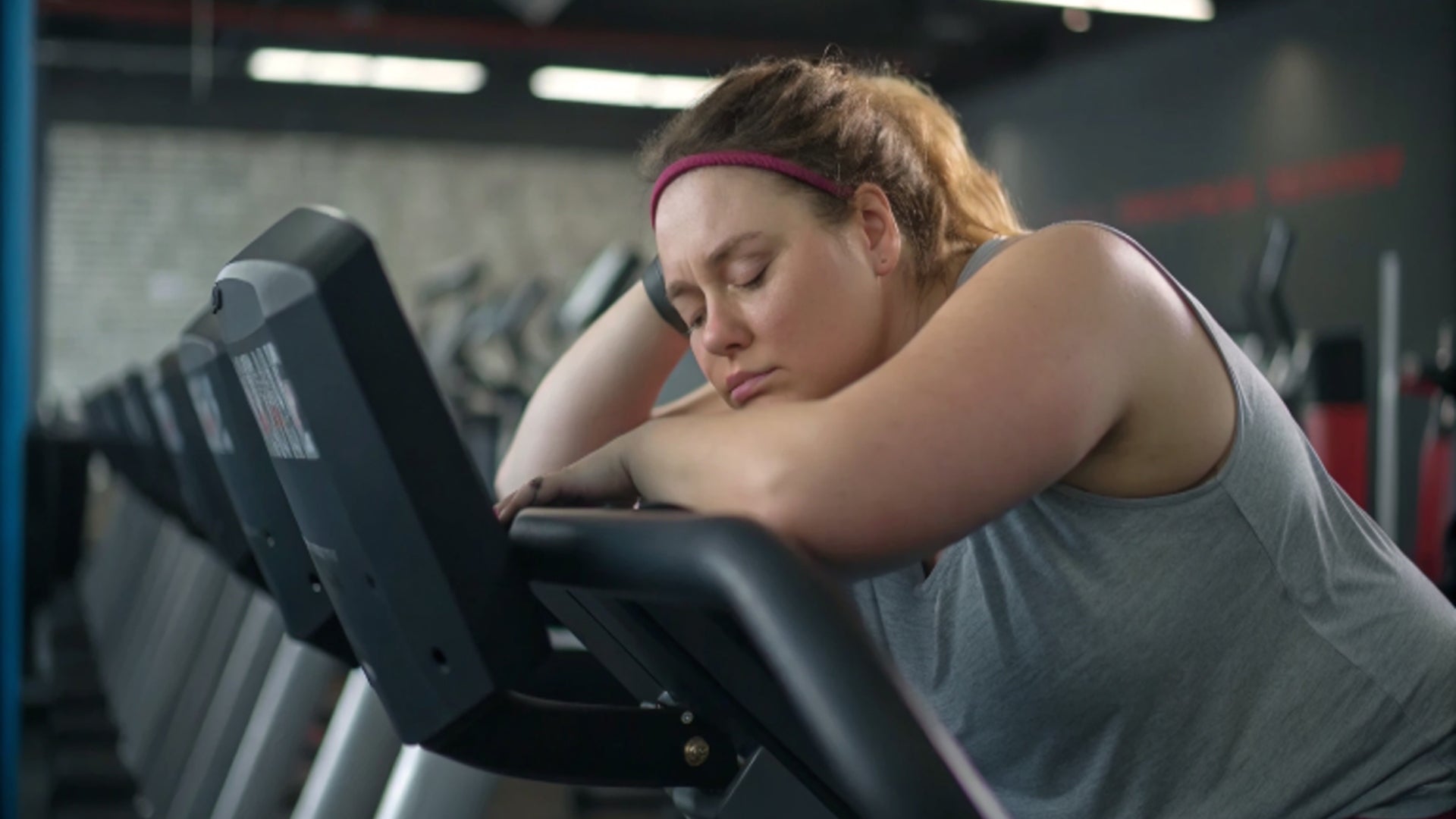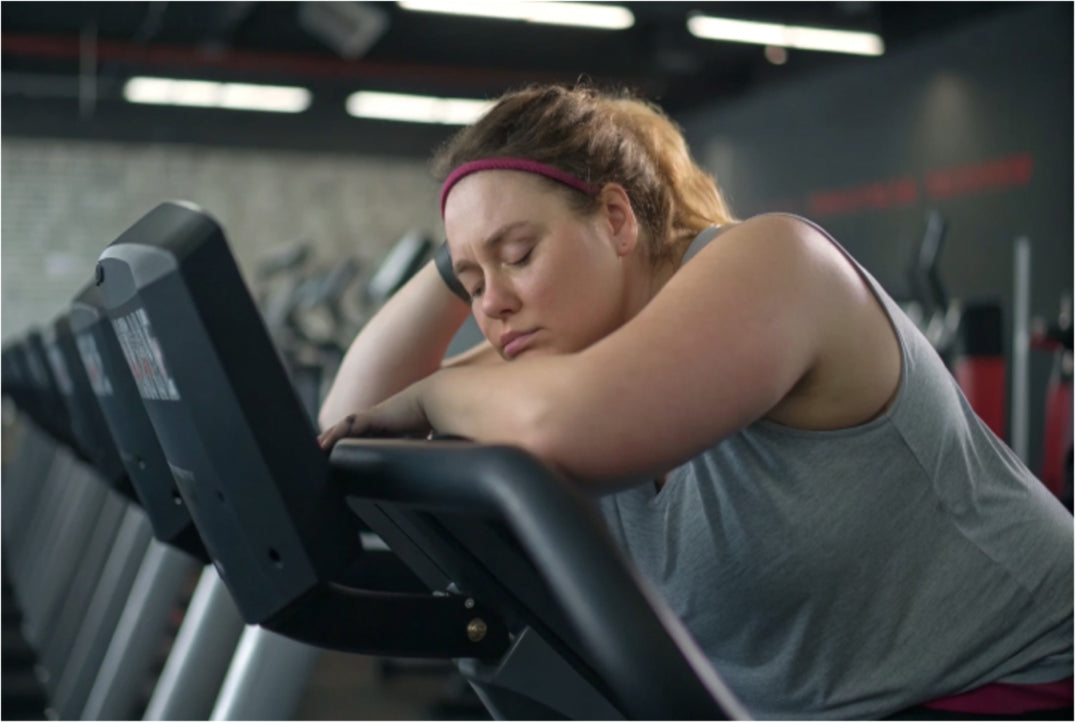
Sleep Quality and Its Impact on Fitness Performance
Sleep Quality and Its Impact on Fitness Performance
While training sessions and nutrition often dominate fitness discussions, sleep quality represents an equally crucial yet frequently overlooked pillar of physical performance. At Gymsavvy, we recognise sleep as a foundational element of athletic development rather than a passive period of rest. Understanding the intricate relationship between sleep and physical performance can transform your fitness results and overall wellbeing.
The Science of Sleep and Recovery
Sleep facilitates numerous physiological processes essential for fitness progress. Professor Matthew Walker, Director of the Center for Human Sleep Science at UC Berkeley, explains: "Sleep is the greatest legal performance-enhancing 'drug' that most people are probably neglecting."
During quality sleep, your body undergoes crucial recovery processes. Sleep orchestrates a complex hormonal environment ideal for tissue recovery, with growth hormone secretion peaking during deep sleep phases, protein synthesis accelerating to rebuild damaged muscle fibres, and inflammatory responses being regulated to facilitate recovery. Research in the Journal of Strength and Conditioning Research demonstrates that even modest sleep restriction reduces muscle protein synthesis by up to 18%, directly compromising recovery from training.
Sleep quality significantly influences metabolic function as well. Glucose metabolism optimises during adequate sleep, insulin sensitivity remains properly calibrated, and appetite-regulating hormones maintain appropriate balance. These factors affect both energy availability during training and body composition outcomes.
Sleep also plays a critical role in skill development and coordination. Motor patterns practised during training are consolidated, neural connections are strengthened through replay during sleep, and movement efficiency improves through subconscious processing. This neurological dimension explains why skills often show improvement after sleep despite no additional practice.

The Performance Consequences of Sleep Deprivation

Even modest sleep deficits produce measurable performance decrements. Research published in the European Journal of Sport Science found that partial sleep deprivation led to decreased maximal strength outputs by 5-8%, reduced power production by up to 10%, and compromised explosive movement capability. These deficits occur even before subjective fatigue becomes apparent.
Endurance performance shows particular vulnerability to sleep quality. Time to exhaustion decreases significantly after poor sleep, perceived exertion increases at submaximal workloads, and glycogen depletion occurs more rapidly during prolonged effort. A study in the Journal of Sports Sciences demonstrated a 3% reduction in endurance capacity after just one night of partial sleep restriction—a margin that would significantly impact competitive outcomes.
Cognitive aspects of athletic performance suffer substantially from sleep loss as well. Reaction time slows measurably, decision-making quality deteriorates, and attention lapses increase during extended performance. These factors affect not only sports performance but safety during complex movement patterns.
Optimising Sleep for Athletic Performance
Enhancing sleep quality requires deliberate practices and environmental considerations. Basic sleep hygiene principles create the foundation for quality rest, including consistent sleep-wake scheduling (even on weekends), maintaining a cool, dark, quiet sleeping environment, limiting screen exposure in the hour before bedtime, and ensuring regular exposure to natural daylight, particularly in morning hours. These fundamental practices establish the conditions for your body's natural sleep mechanisms to function optimally.
The hours before sleep significantly influence sleep quality. Avoid caffeine within 8-10 hours of bedtime, complete intense exercise at least 3 hours before sleep, consider relaxation practices like reading, gentle stretching, or meditation, and develop consistent pre-sleep rituals that signal transition. Dr. Charles Czeisler of Harvard Medical School notes that "Regular pre-sleep routines help entrain circadian rhythms and prepare both mind and body for restorative sleep."
Dietary choices affect sleep architecture too. Moderate protein intake before sleep may enhance recovery, carbohydrate timing can influence sleep onset and quality, and it's best to avoid large meals within 2-3 hours of bedtime. Consider magnesium-rich foods to support sleep quality. Though individual responses vary, these nutritional strategies often support improved sleep outcomes.
Your sleep environment includes what you wear. Moisture-wicking fabrics prevent temperature disruption, compression garments show mixed evidence for recovery during sleep, and non-restrictive, breathable materials often provide optimal comfort. Gymsavvy's Recovery collection features garments specifically designed to optimise comfort during rest periods.

Training Adjustments Based on Sleep Quality

Adapting training to your current sleep status represents an advanced but valuable strategy. Simple tracking methods provide actionable insights, such as subjective sleep quality ratings on a 1-10 scale, sleep duration tracking, and basic wearable technology for sleep phase estimation. This information allows informed training adjustments rather than rigid adherence to predetermined plans.
When sleep quality suffers, consider strategic training modifications. Reduce training volume while maintaining intensity, focus on technical elements rather than maximal efforts, prioritise recovery modalities like light movement and hydration, and consider rescheduling particularly demanding sessions. These modifications prevent compounding fatigue while maintaining training consistency.
Strategic napping can partially mitigate sleep deficits. Twenty-minute "power naps" enhance alertness without sleep inertia, 90-minute naps complete a full sleep cycle for deeper recovery, and timing naps at least 6 hours before bedtime preserves night sleep. Dr. James Maas, sleep researcher and author, suggests that "A properly timed nap can provide significant performance benefits when night sleep is compromised."
The Gymsavvy Philosophy
At Gymsavvy, we view sleep as an integral component of athletic development rather than time away from training. Our performance wear is designed not just for active sessions but to support the full cycle of athletic development—including creating optimal conditions for recovery.
By elevating sleep to its rightful place alongside training and nutrition in your fitness priorities, you create the conditions for sustainable progress. Quality sleep transforms the effectiveness of your training efforts, enhances your daily energy, and ultimately supports not just athletic performance but overall wellbeing and longevity.

